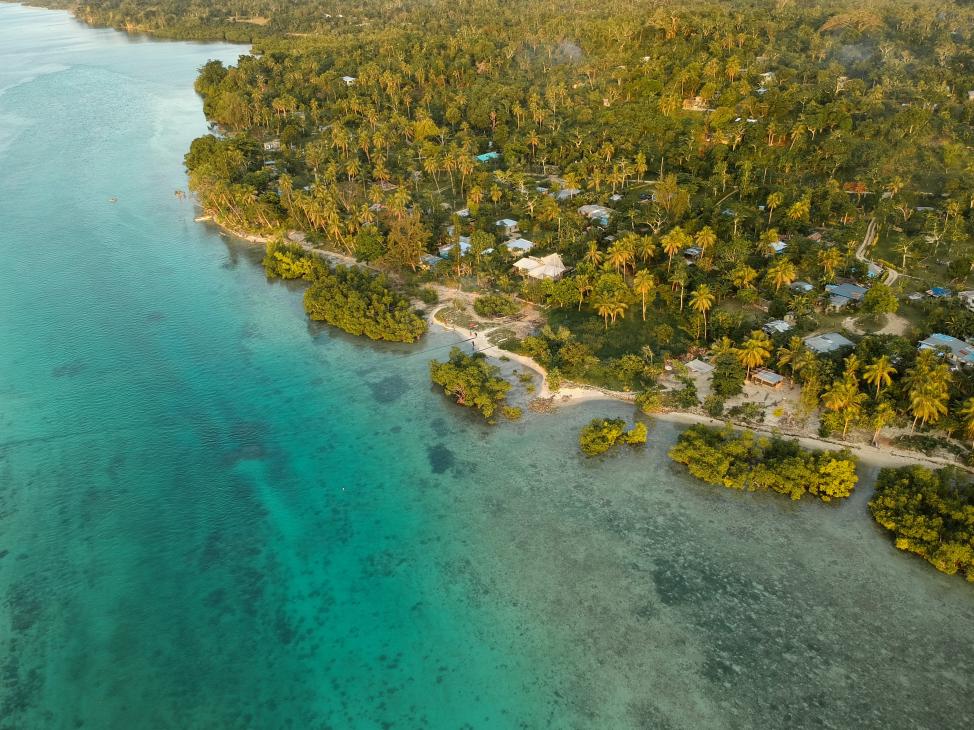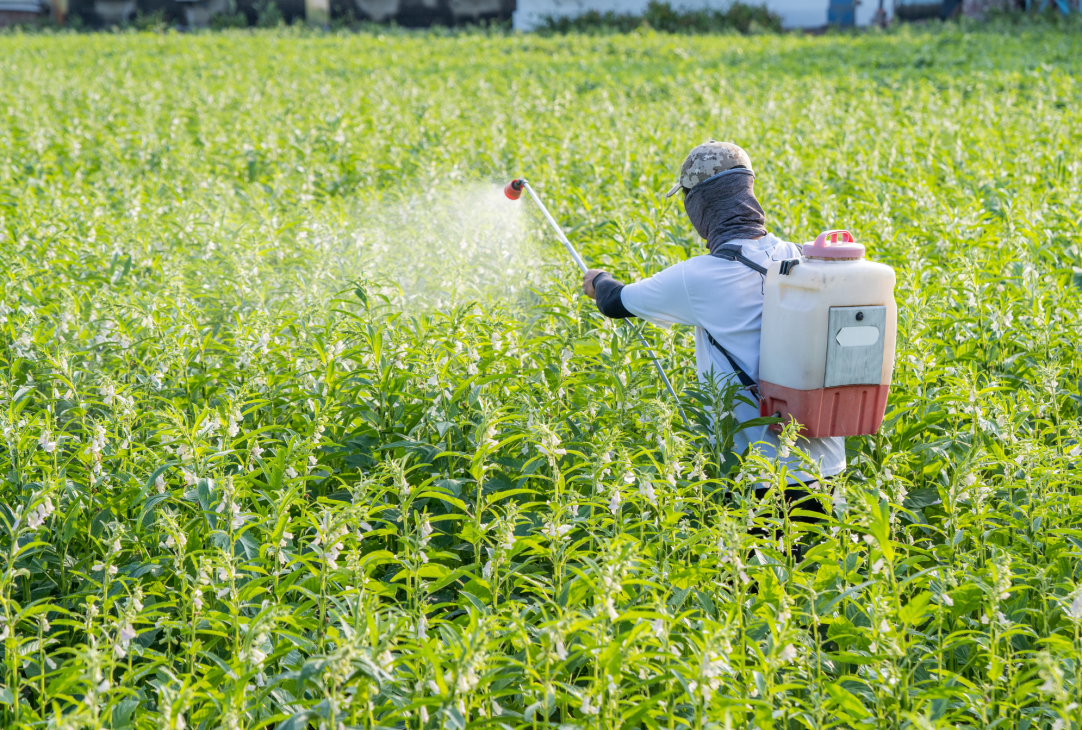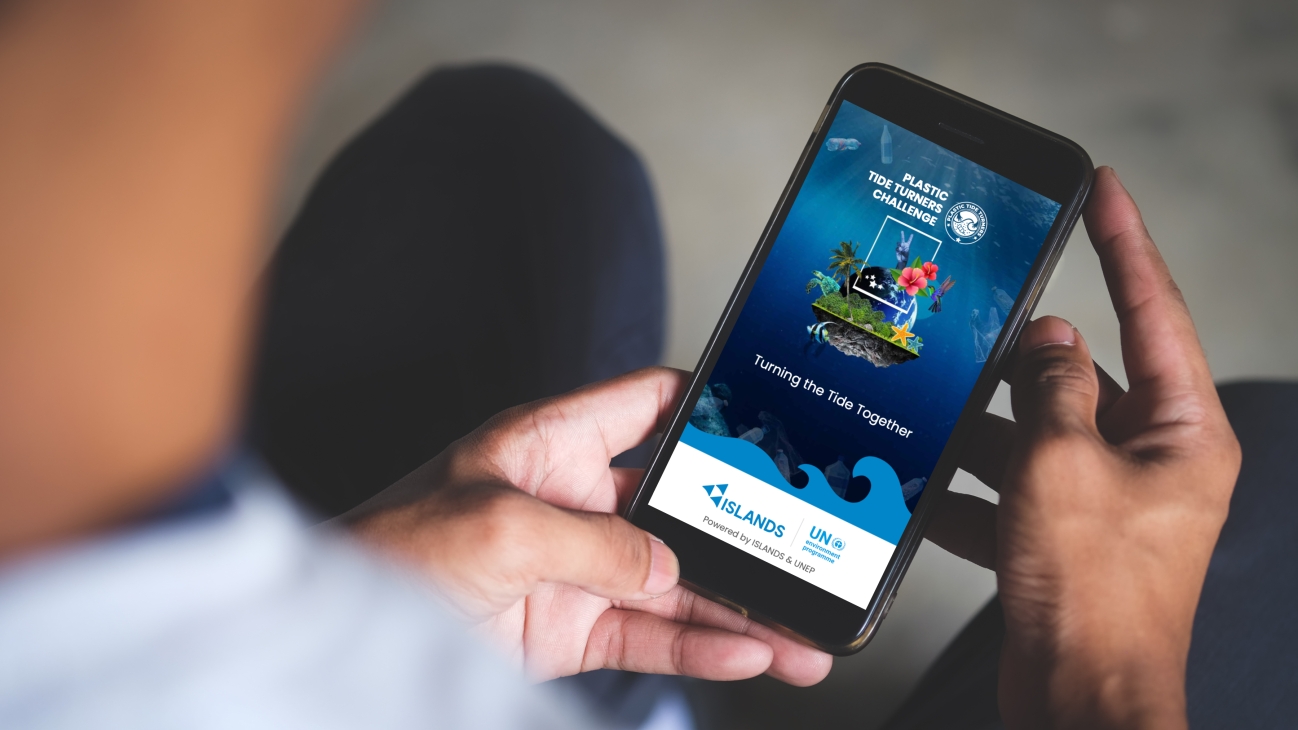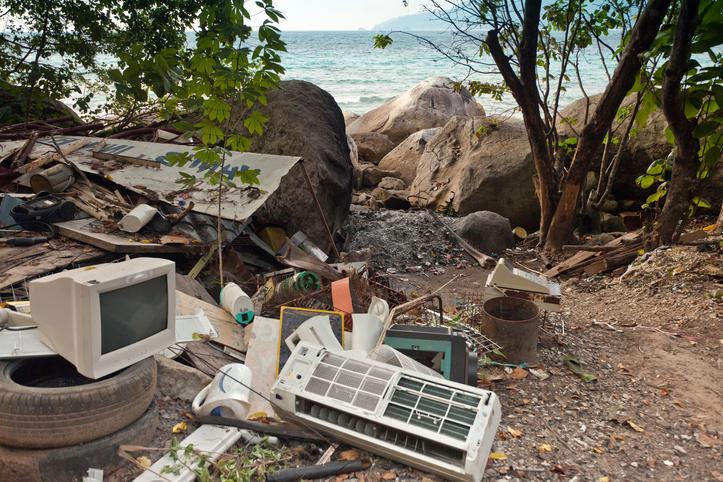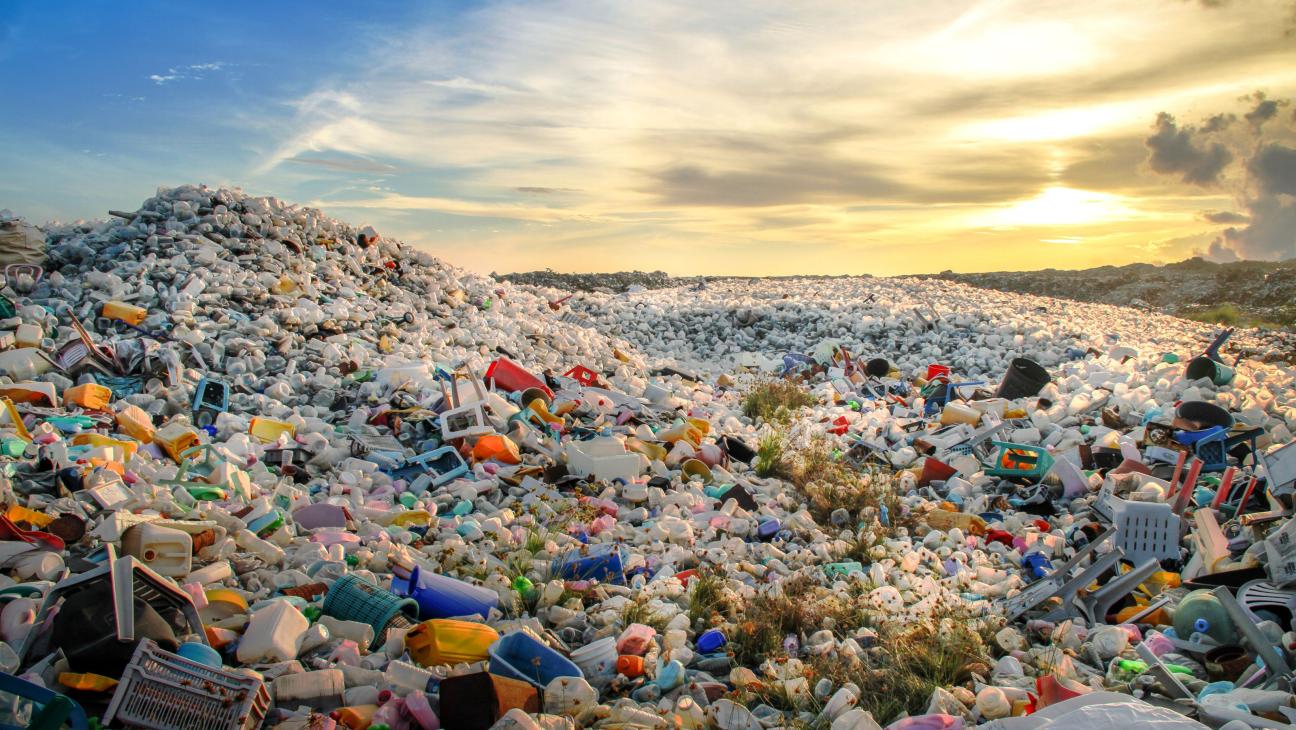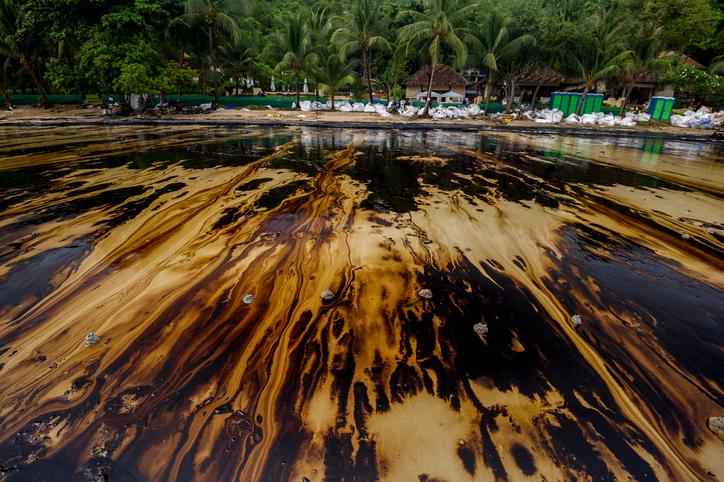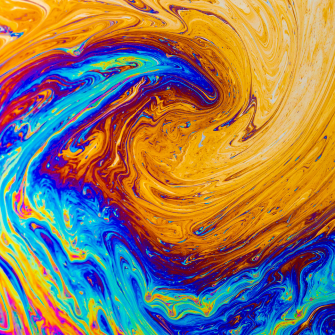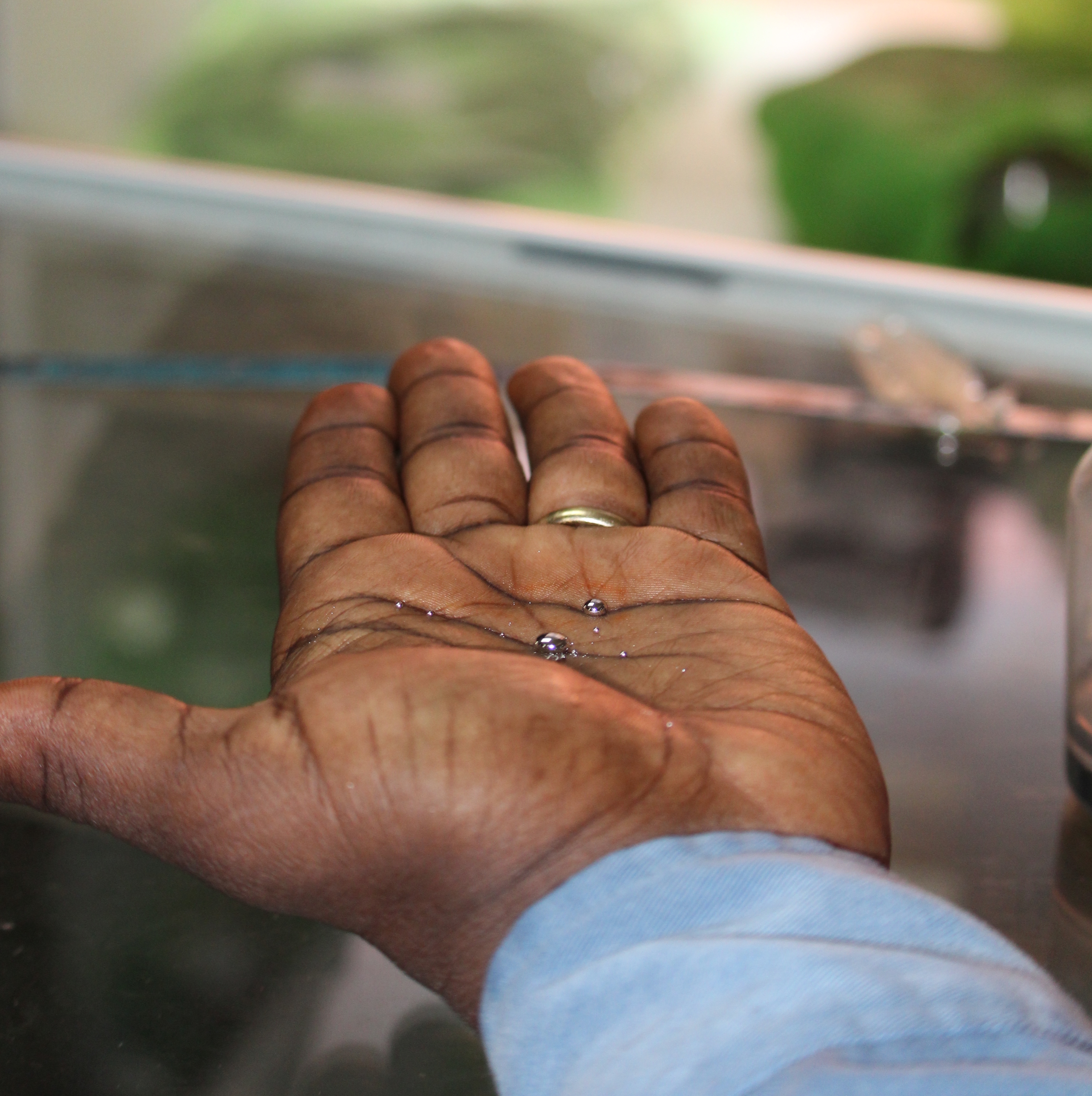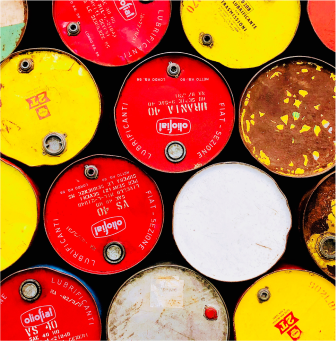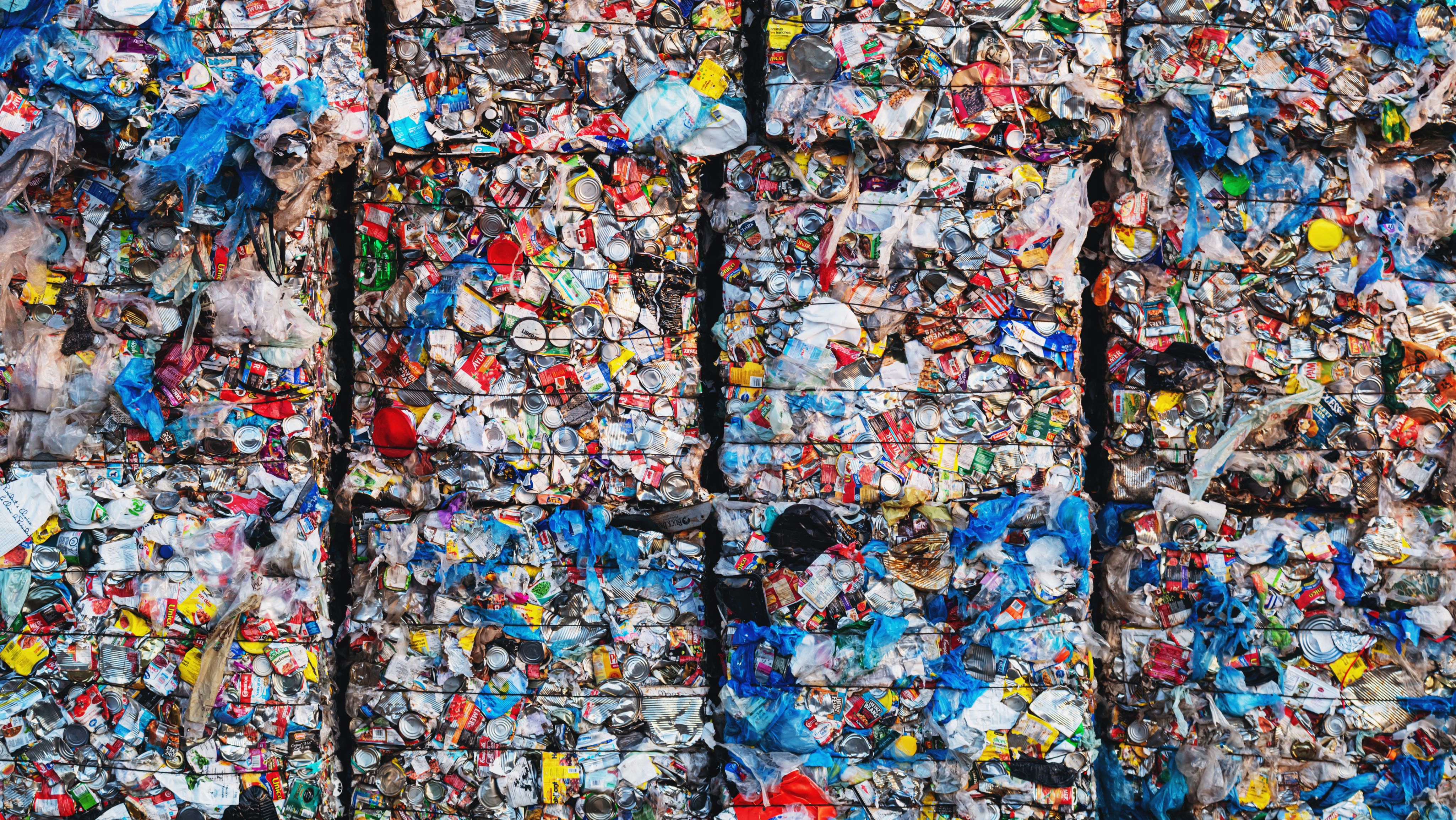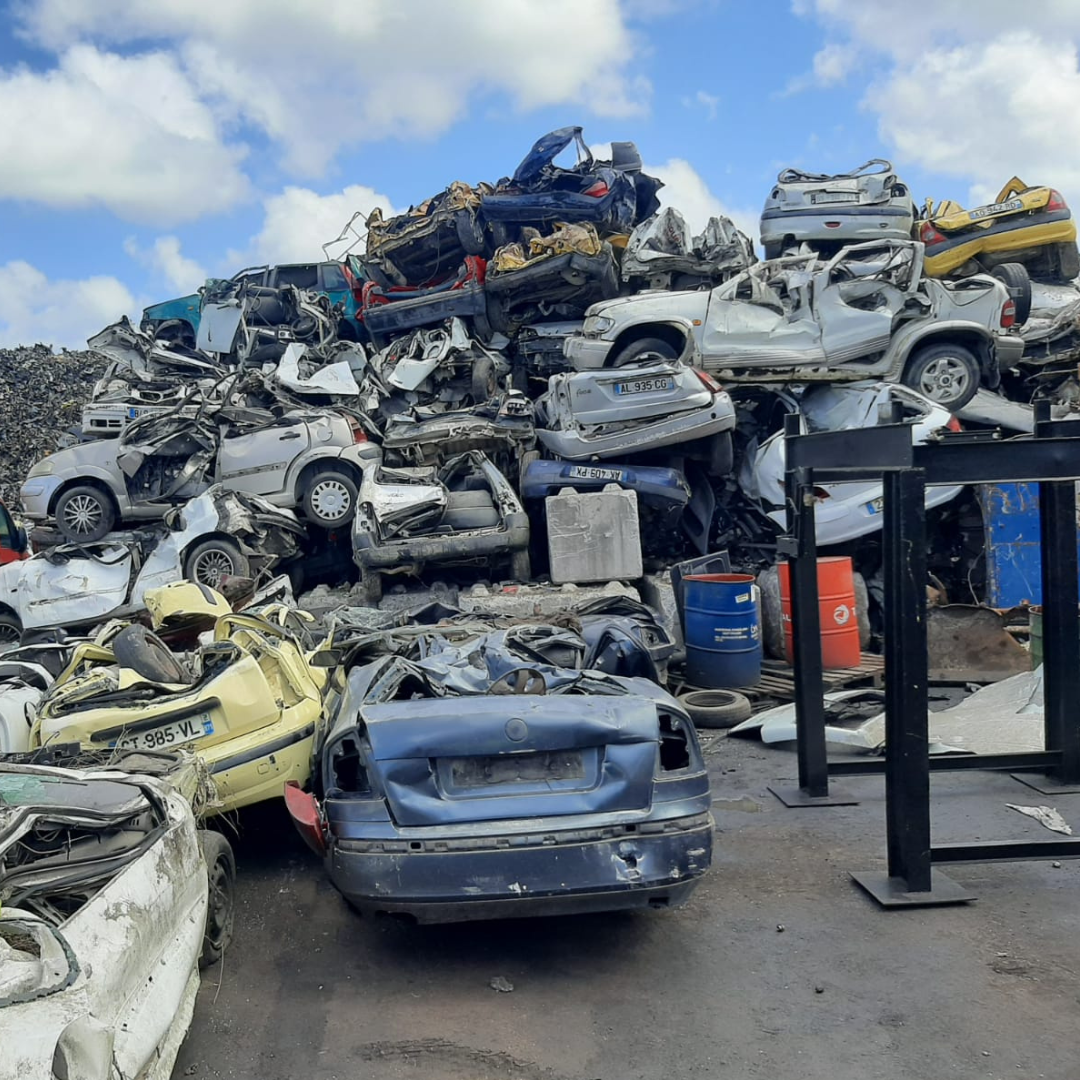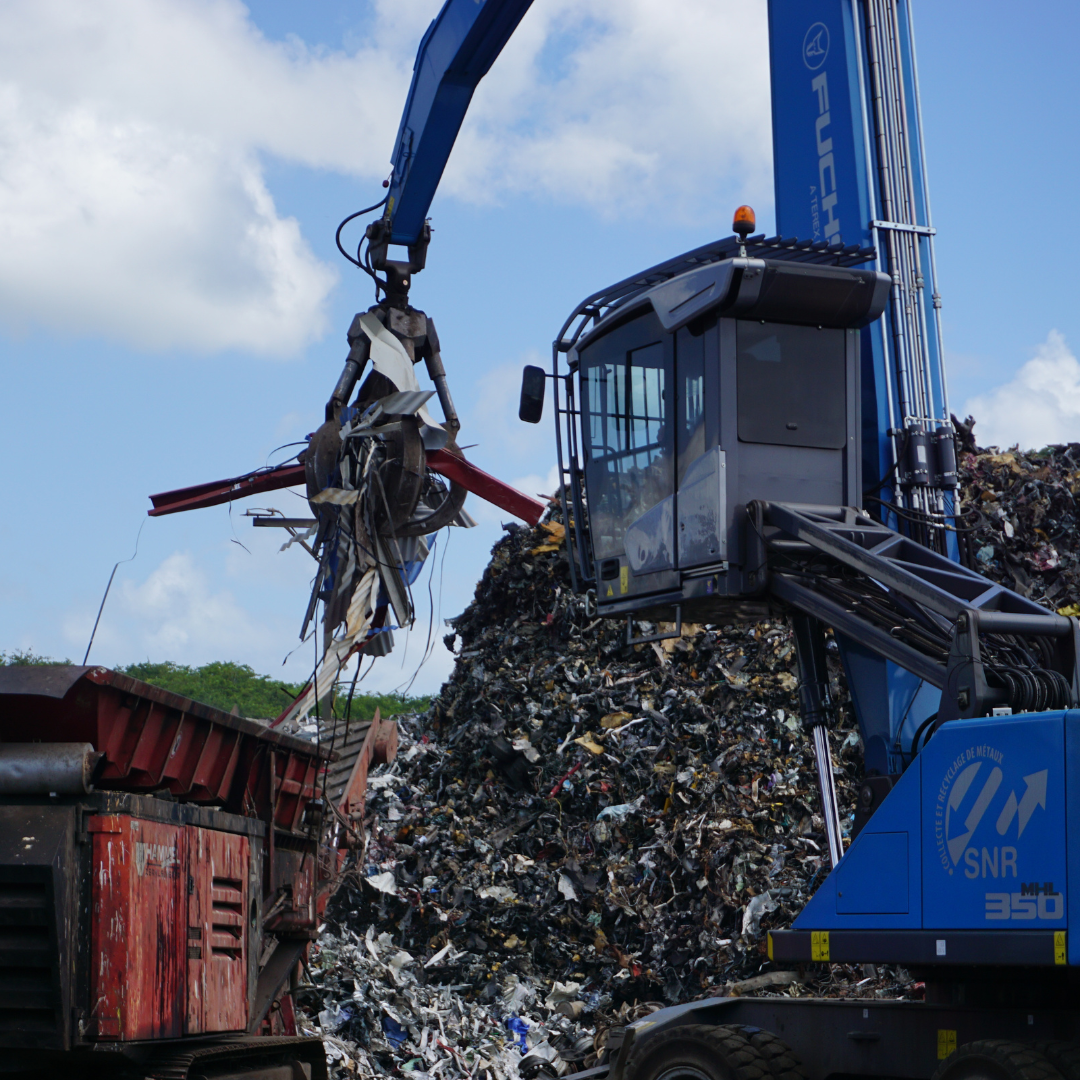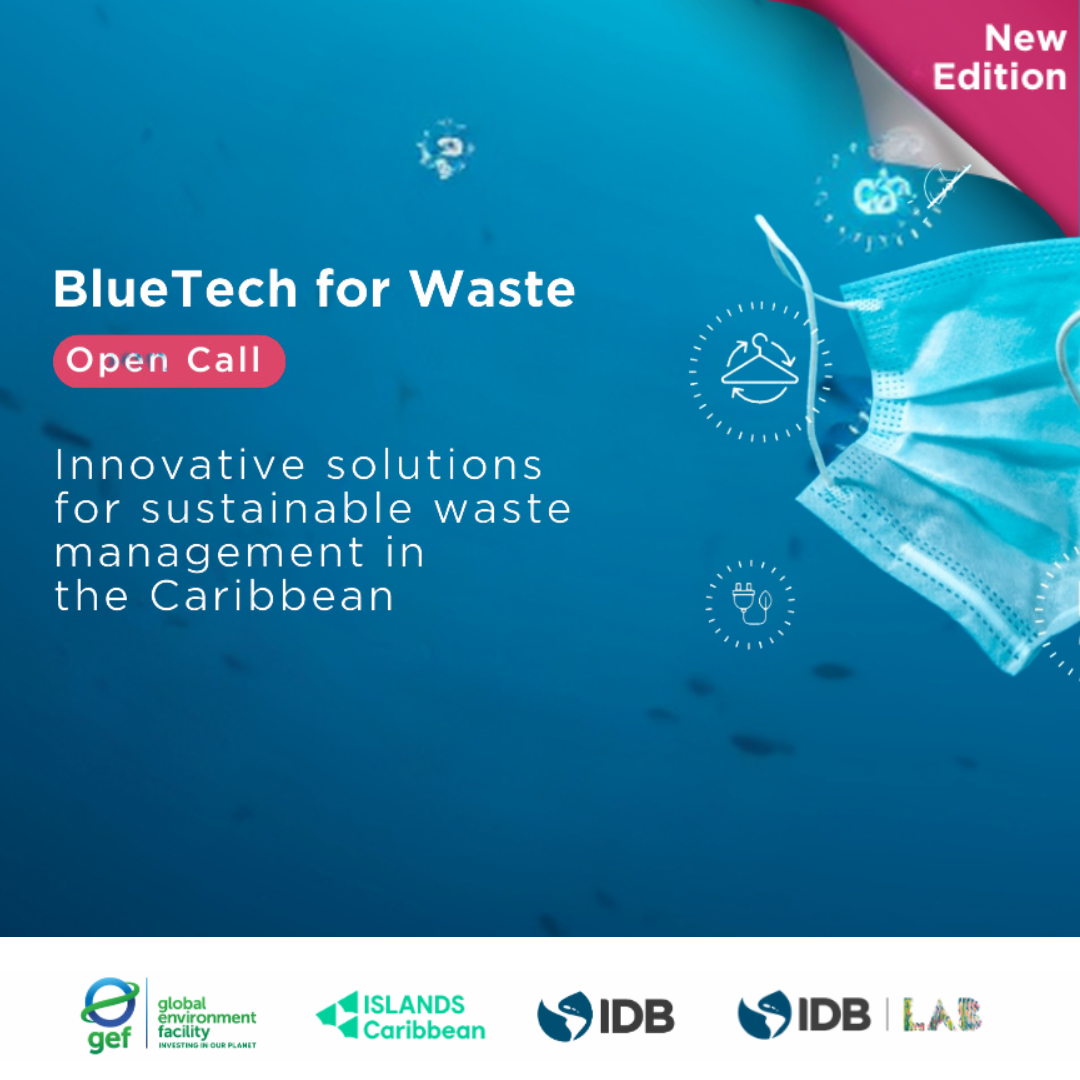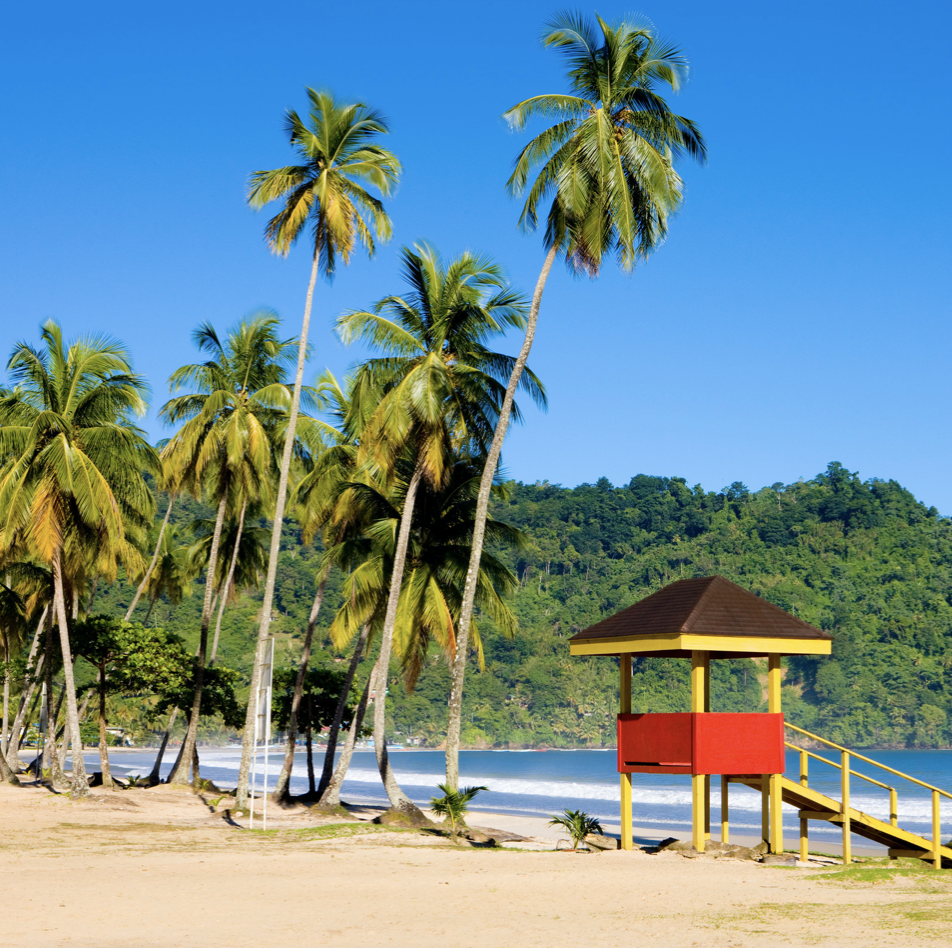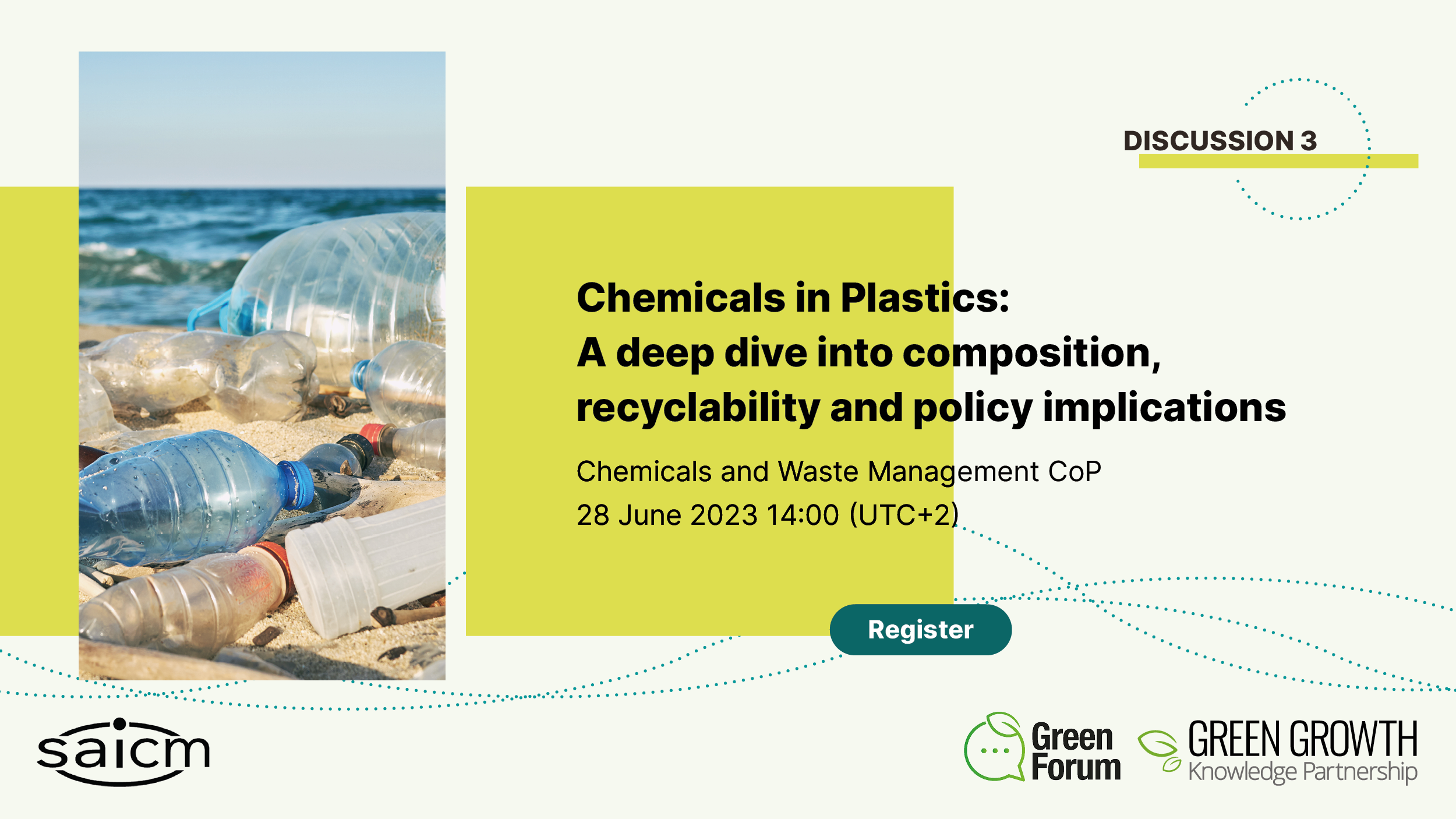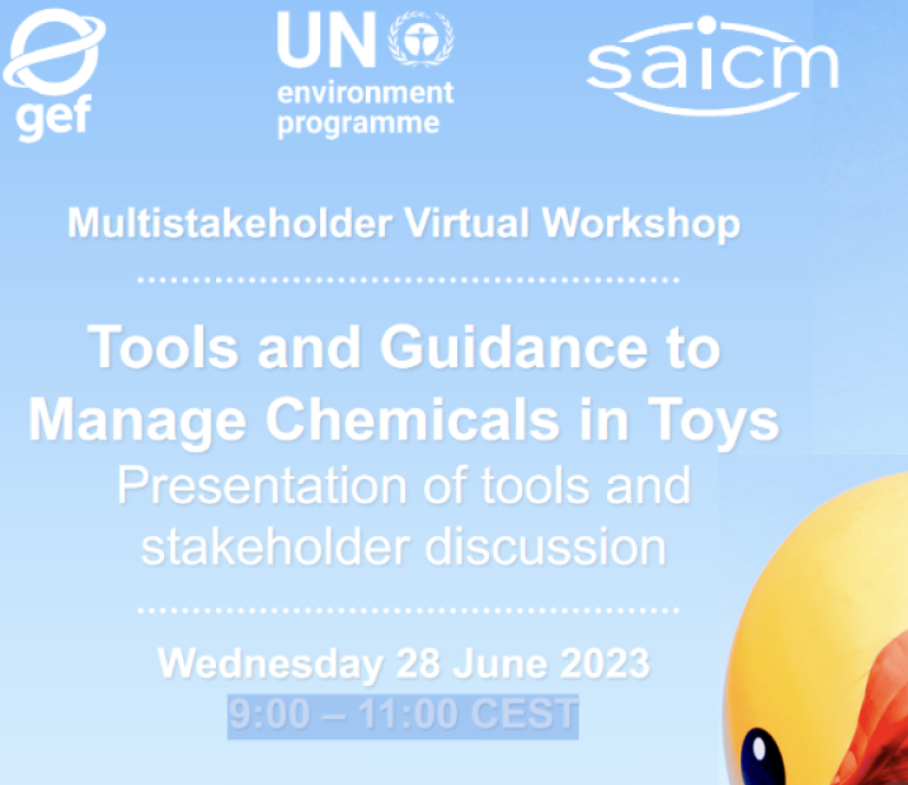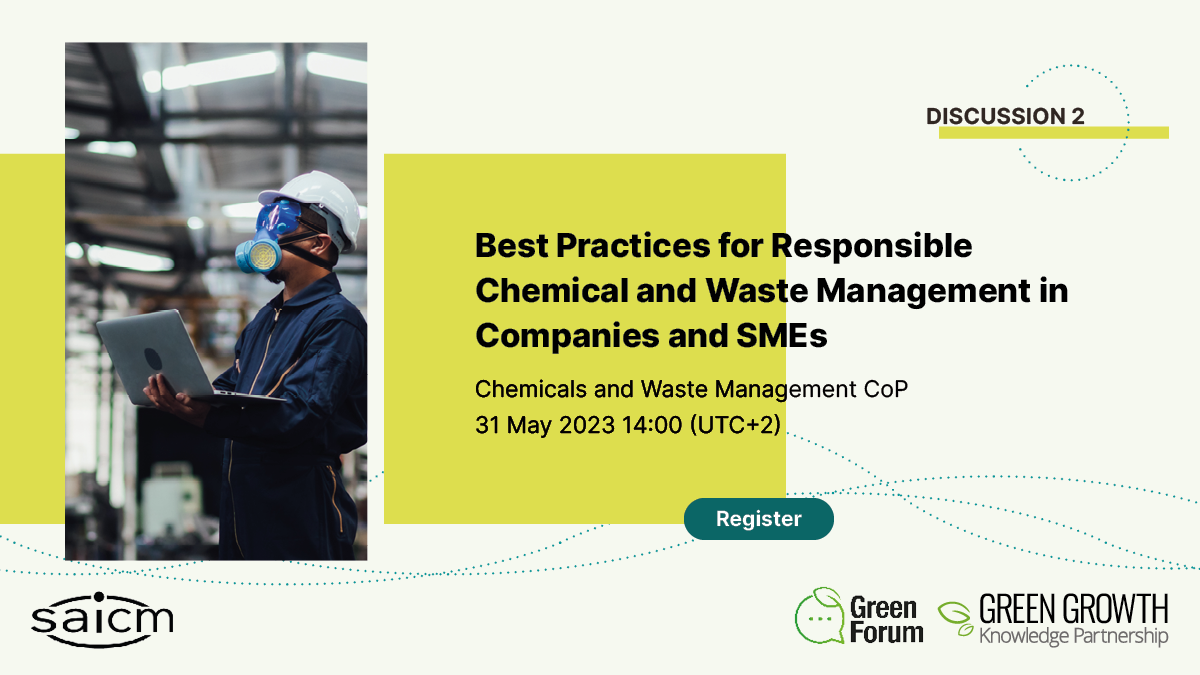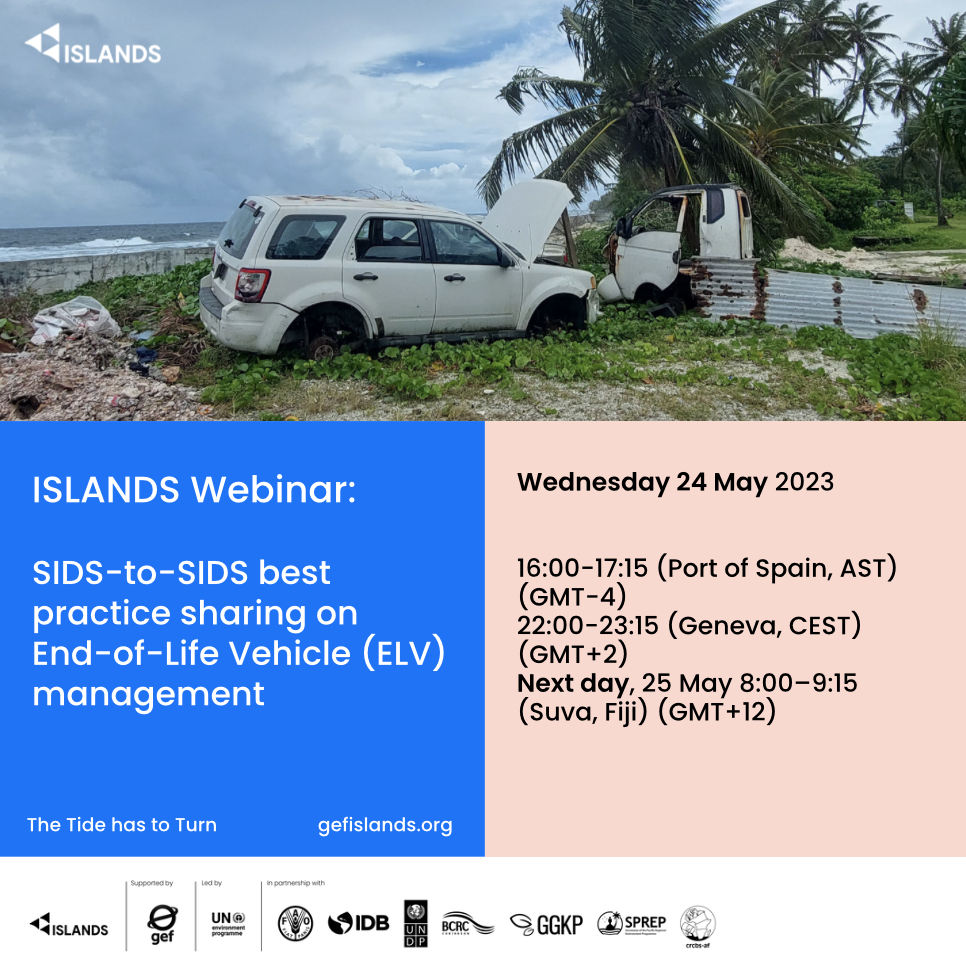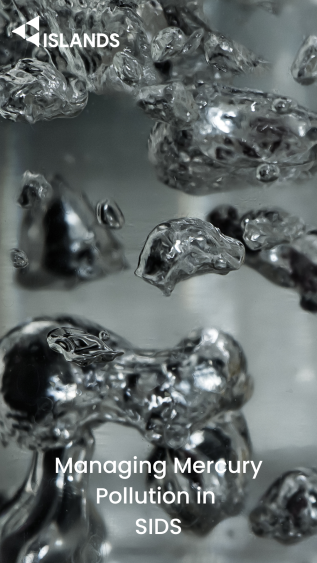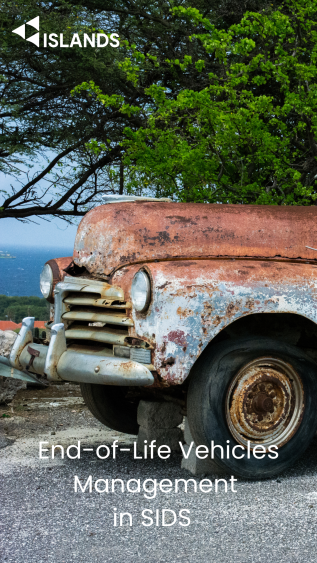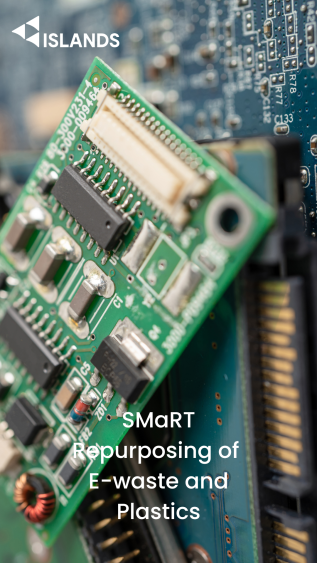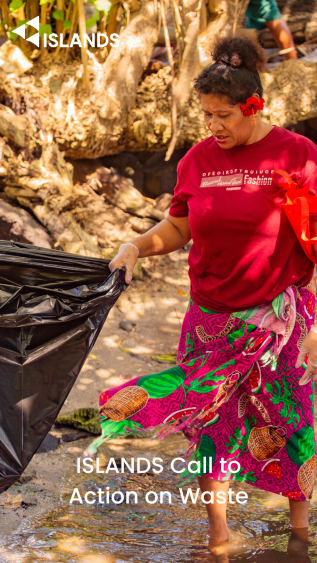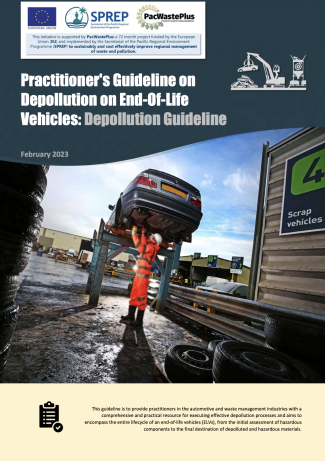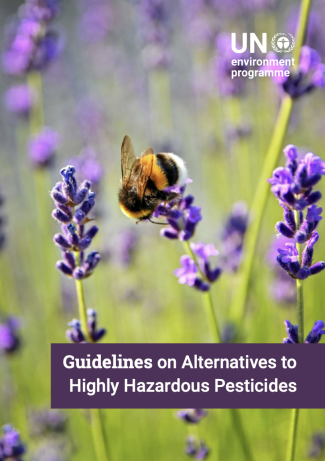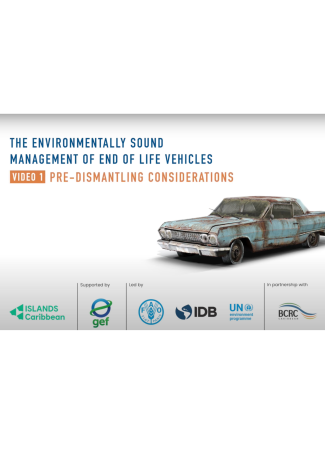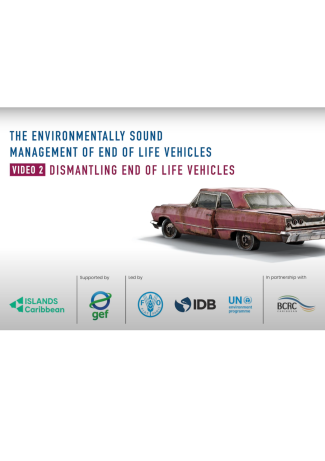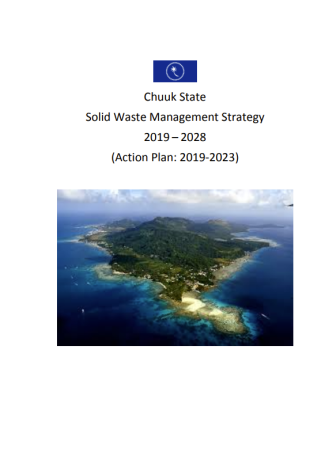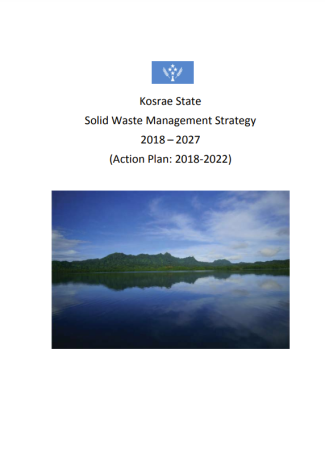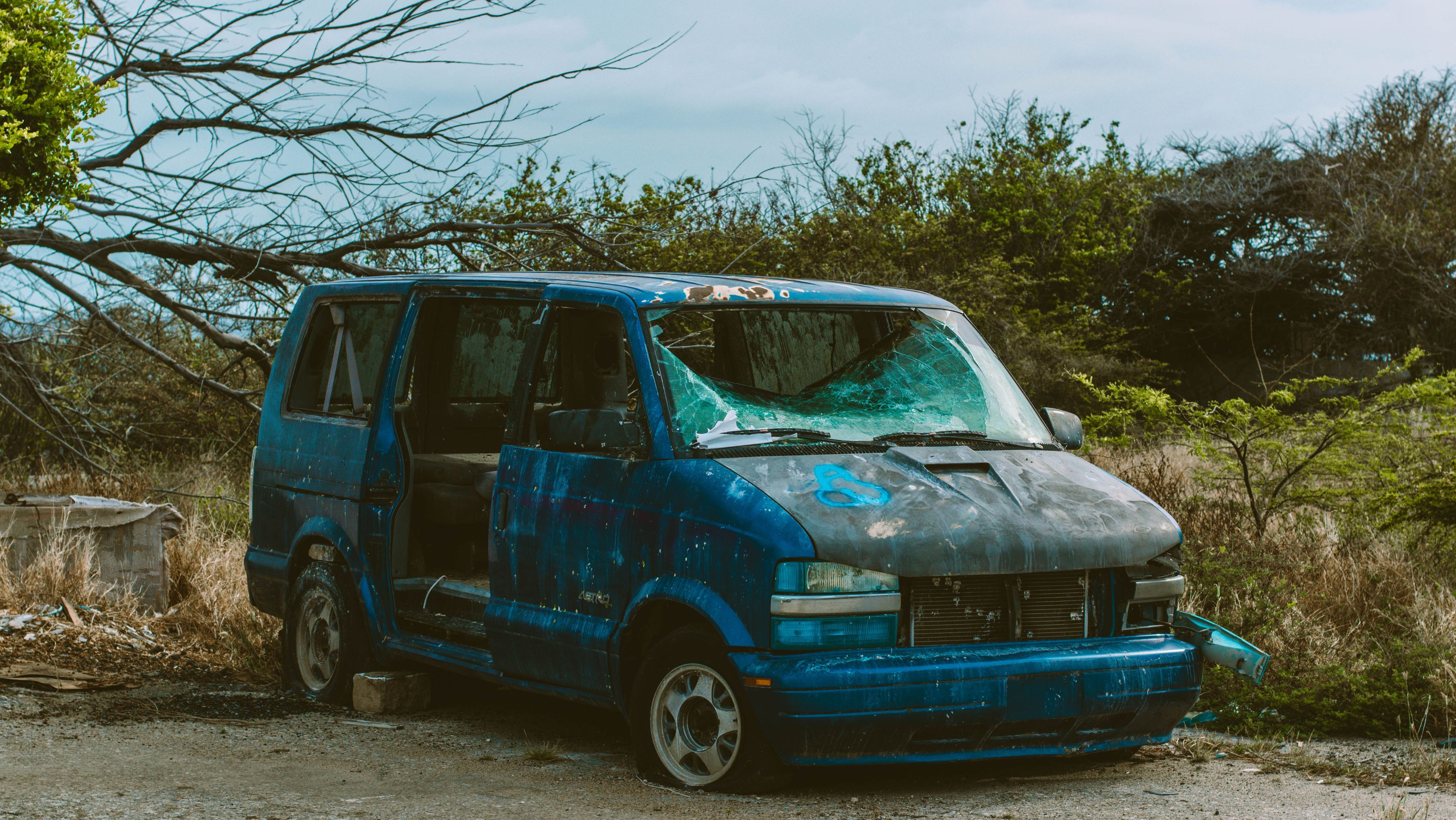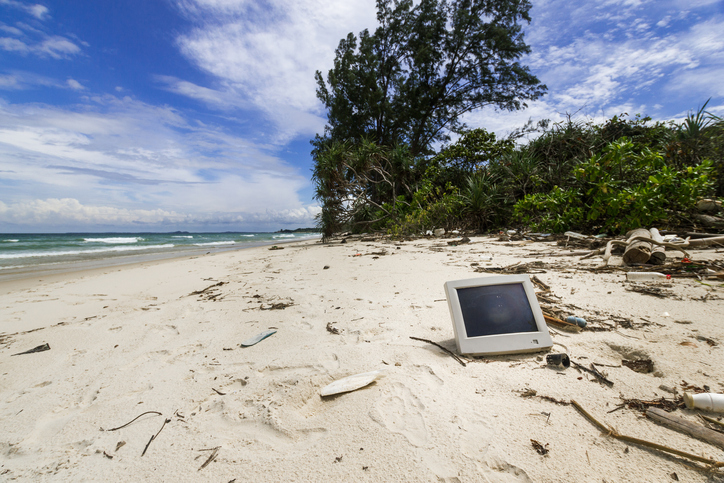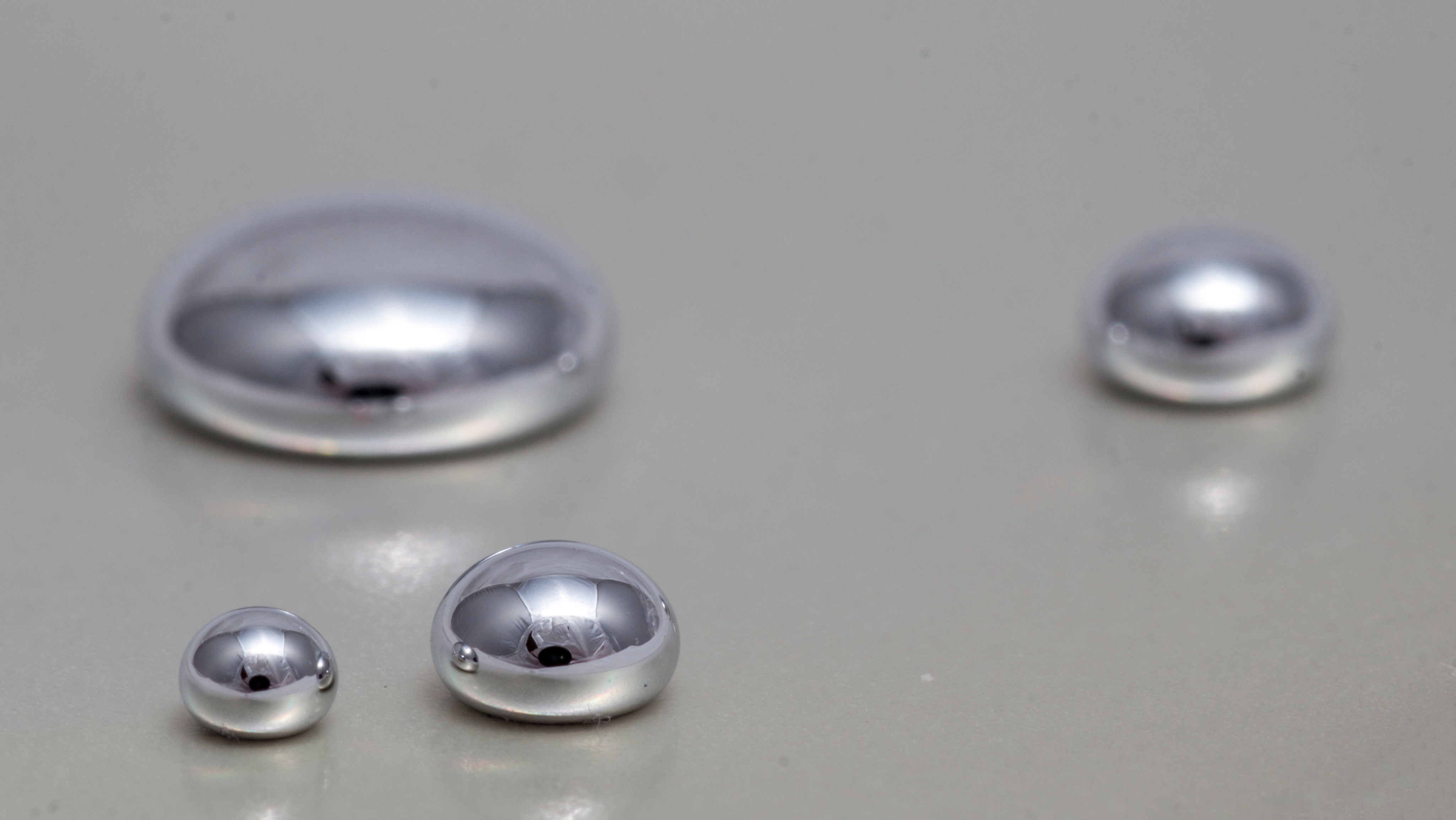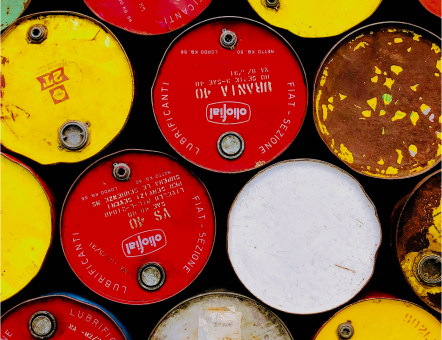The ISLANDS Programme is working with 33 Small Island Developing States (SIDS) in the Atlantic, Caribbean, Indian and Pacific regions to tackle toxic waste and pollution. The Tide has to Turn.
There are practical solutions to prevent the future buildup of toxic chemicals and other waste in SIDS and safely manage the disposal and recycling of products containing them.
Highly hazardous pesticides (HHPs) are pesticides known to cause acute or chronic hazards to health or the environment.
ISLANDS supports Small Island Developing States (SIDS) in improving HHP management in line with international commitments and national plans, focused on phasing out HHPs.
Mismanaged plastic leads to serious health and environmental impacts. ISLANDS is working with young people across SIDS to tackle plastic pollution.
Learn everything about plastics and take action now. Download the App and become a Tide Turner today.
Hazardous chemicals are found in everyday objects. At end-of-life these must be disposed of safely.
ISLANDS is developing solutions to repurpose, reuse and recycle electronic products, used mineral oil and end-of-life vehicles.
Mercury is used in mining but also arrives in SIDS in seemingly innocuous items like light bulbs and skin-care products. Unsafe disposal can lead to human exposure and serious health effects.
ISLANDS is raising awareness on mercury containing products and supporting their phase-out in SIDS.
GEF ISLANDS is supporting the phasing and disposal of Mercury containing products in SIDS.
Watch the Short video on Mercury.
Plastics are everywhere polluting the ocean and the land, with burning and dumping of waste further harming the environment. Microplastics are entering the biosphere and lodging in living organisms.
ISLANDS is working to engage communities to change behaviours, reduce open burning of waste, and to increase recycling rates in SIDS.
POPs are toxic chemicals released into the environment through the improper disposal of everyday objects containing hazardous components, causing damage to human health and island ecosystems.
ISLANDS is supporting sustainable chemical and waste management in SIDS, reducing the harm they cause, and providing opportunities for islanders to benefit from the process.
Women and men are impacted differently by the toxic chemicals and other pollutants due to their unique biophysical characteristics, lived experiences and exposure routes.
ISLANDS is advancing a gender-transformative approach, strengthening women’s participation and empowerment of marginalised communities within the Programme itself and across the waste and chemicals management sector overall in SIDS.

